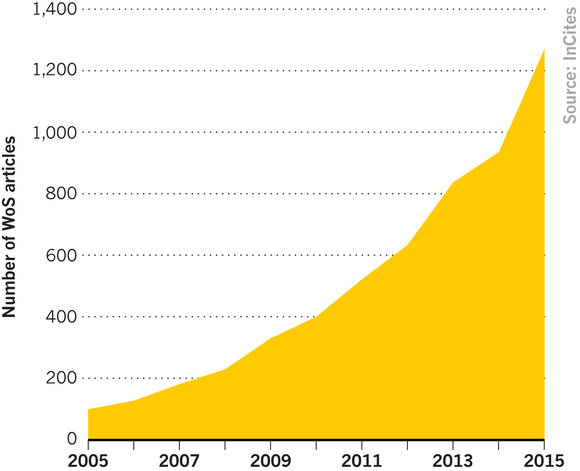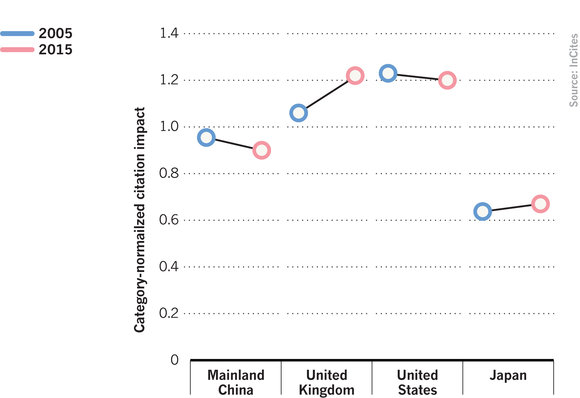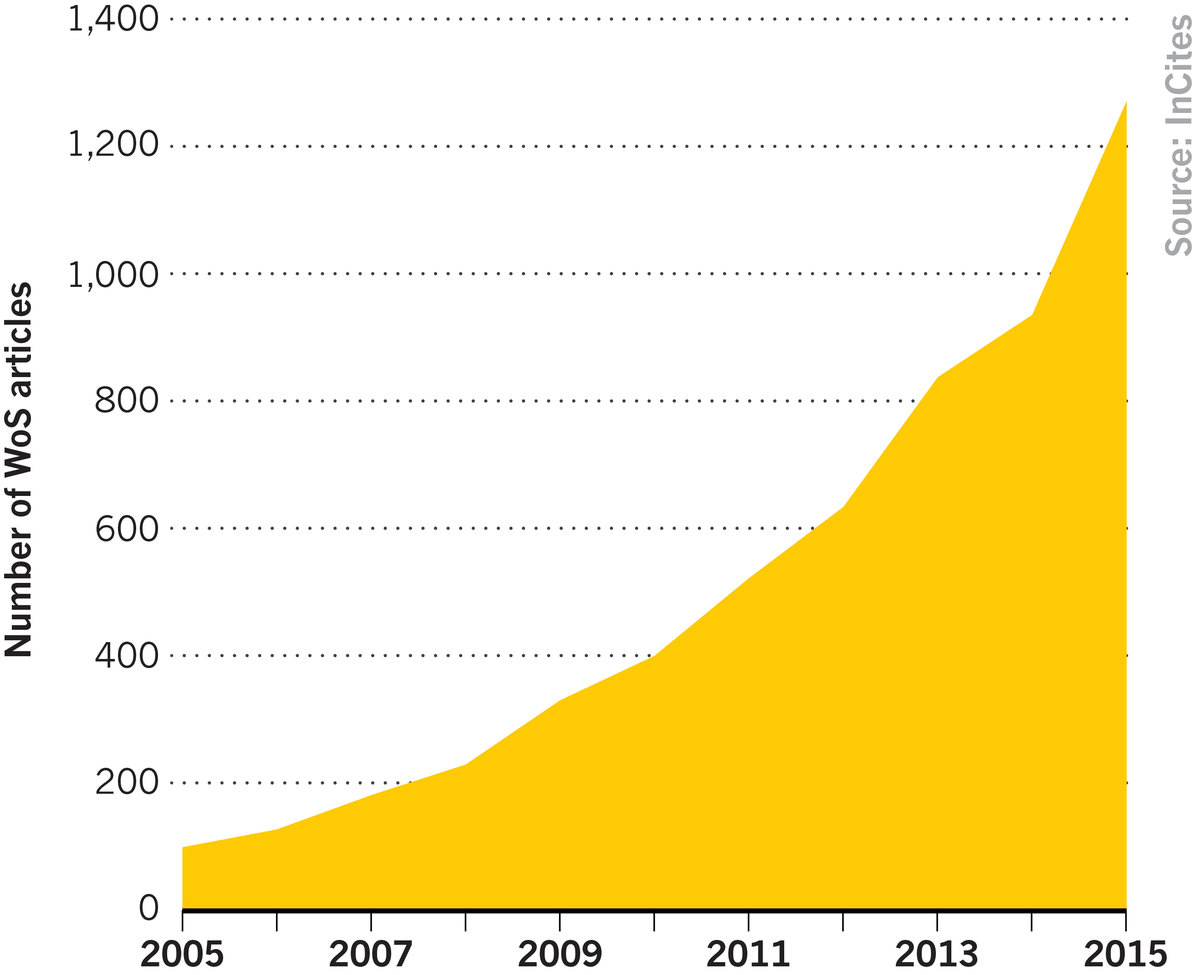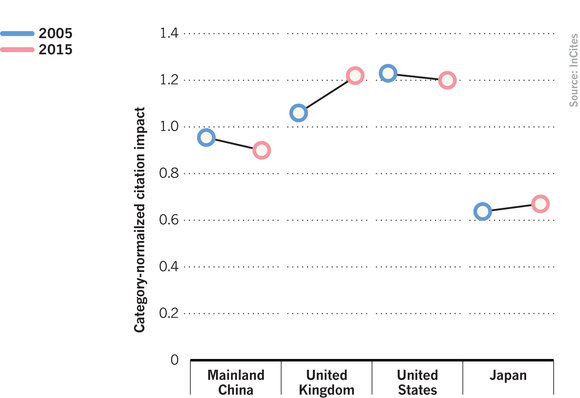
Credit: Anadolu Agency/ Getty
Psychology to the fore as social pressures mount
China's growing economy is also fuelling an increased demand for psychologists in the country.
11 July 2017

Anadolu Agency/ Getty
Psychology is an increasingly relevant discipline in China
China has around 400 psychology schools and institutes — a steep increase from the five it counted in the 1980s. The expansion of the discipline is remarkable considering research ceased during the Cultural Revolution. Psychology schools and institutes were boarded up and psychologists banished to the countryside.
Han Buxin, the deputy general of the Chinese Psychological Society, says the field’s roots in China stretch back more than two millennia to references in ancient texts such as the Analects of Confucius and Laozi’s Dao De Jing.
Chinese polymath Chen Daqi opened the country’s first psychological laboratory in 1917 with the support of the education luminary, Cai Yuanpei. Cai studied under the German experimental psychologist Wilhelm Wundt in Leipzig in the early 1900s. When Cai was appointed head of Peking University in 1917, he supported Daqi’s plan to open the laboratory. More than a decade later Cai, as head of China’s peak science academy, helped found China’s Institute of Psychology, where Han now works.
Han says the impact of China’s modernization, and the accompanying social stratification, have brought mental health research to the fore. Researchers have focused on social issues, suicide, divorce, and the impact of urbanization. Internet addiction and the one-child policy are also closely studied, as is how China’s vast internal migrant economy affects workers and those they leave behind. “People with mental disorders now realize that psychology can be of help,” says Han, who works on mental health in the elderly.
Psychologists are embedded in schools, businesses, government and the military. Psychological organizations and societies have proliferated, while subfields such as neuropsychology, management psychology and comparative psychology have also become popular. Over the past decade, the number of psychology articles authored by Chinese scholars has increased significantly. However, the impact of that research, as measured by category-normalized citation impact, has declined somewhat, and remains below the world average.
Han says the English language remains a significant barrier to Chinese psychology research getting the recognition it deserves. “It’s a source of stress,” he says.

InCites
The number of psychology articles by Chinese authors increased significantly between 2005 and 2015. Full size image
InCites
While China's number of psychology articles has grown, the overall impact of that research has declined slightly, and is still below the world average (1). Full size image

